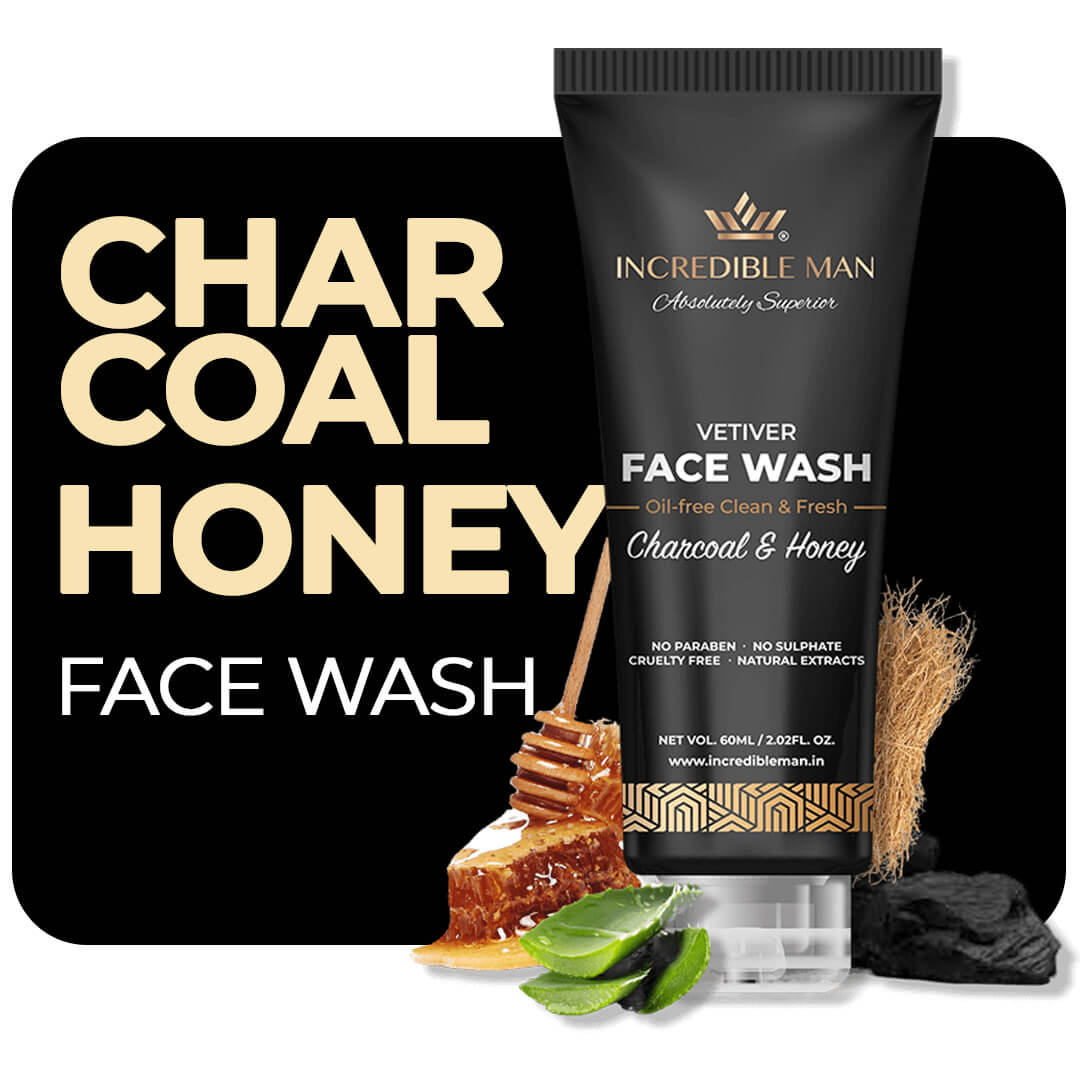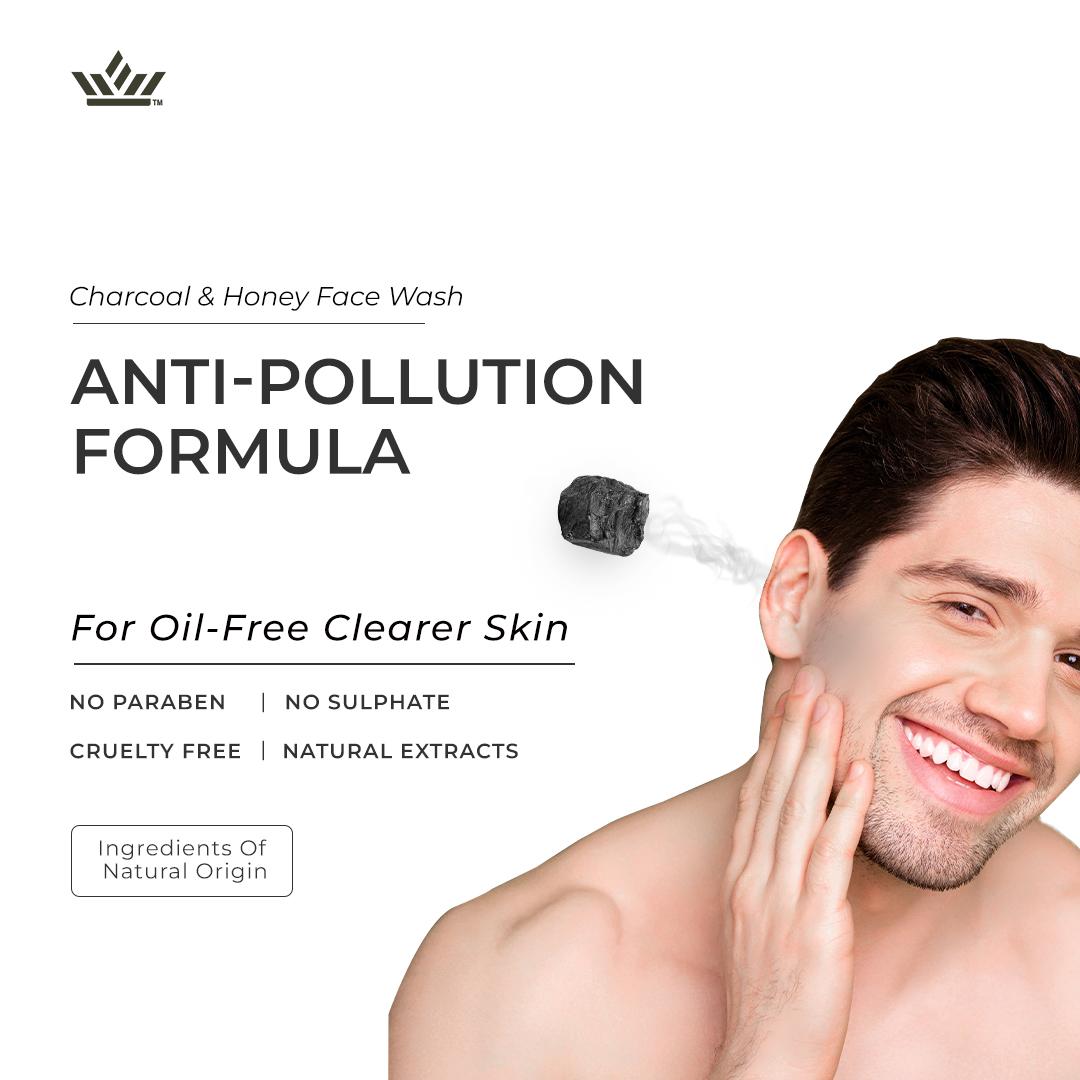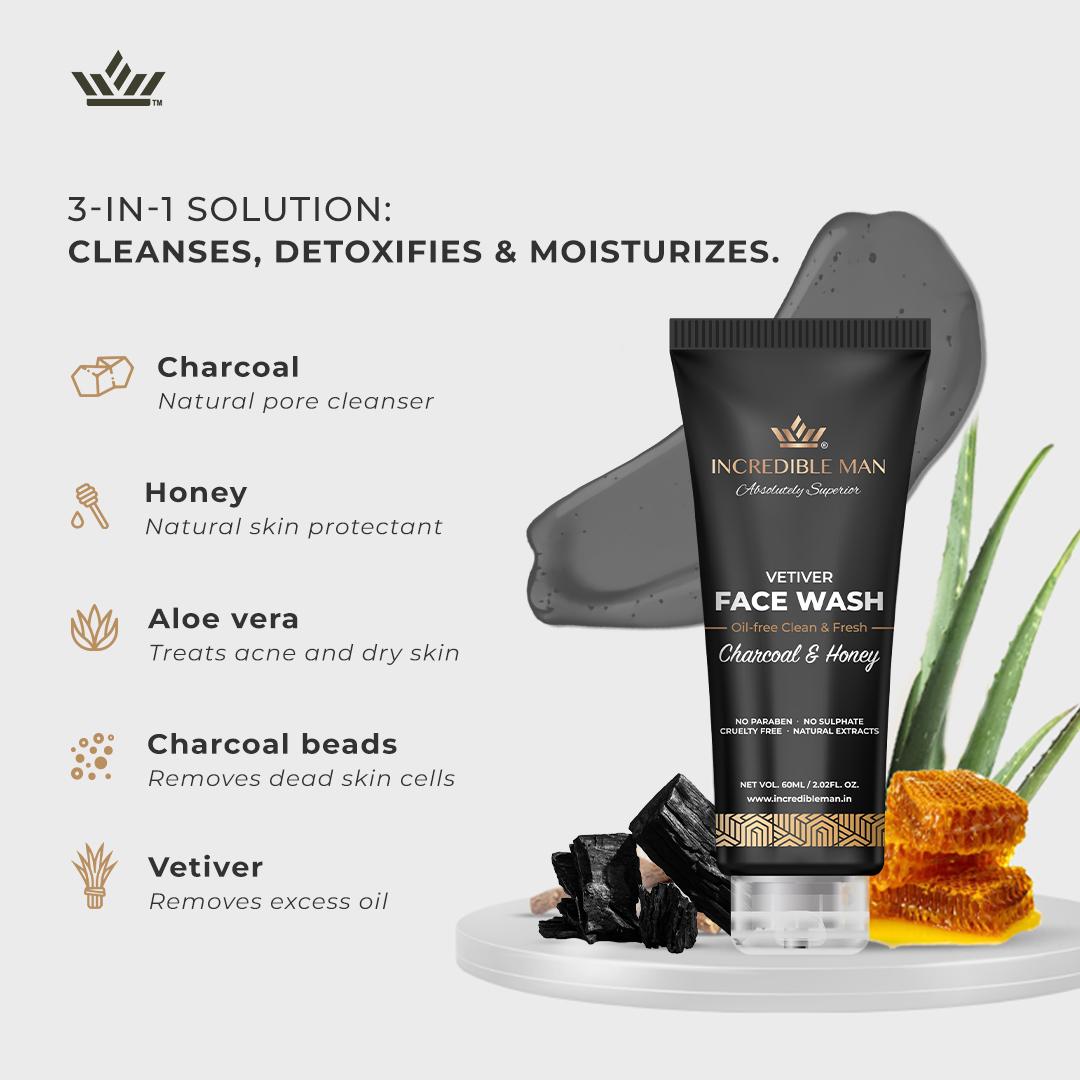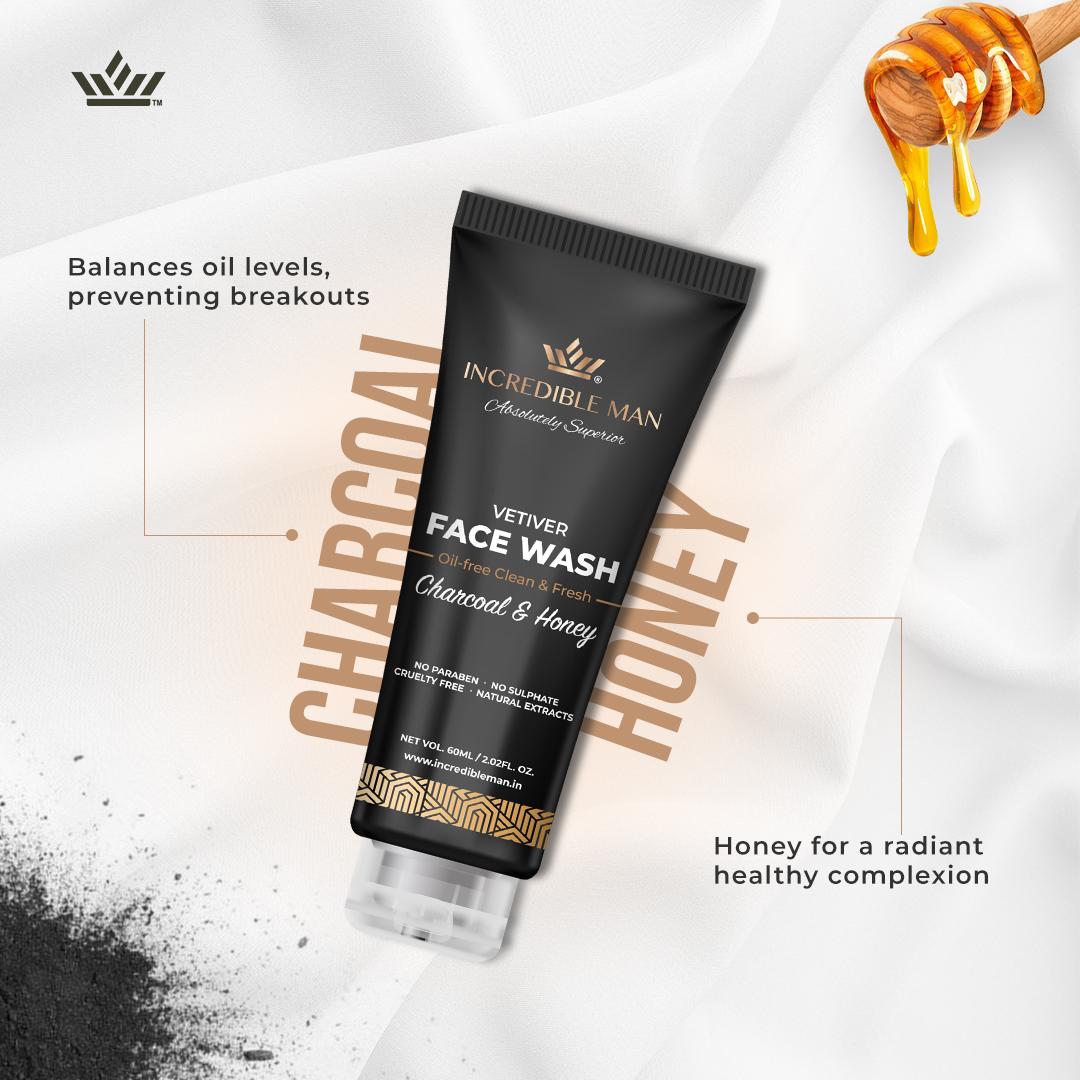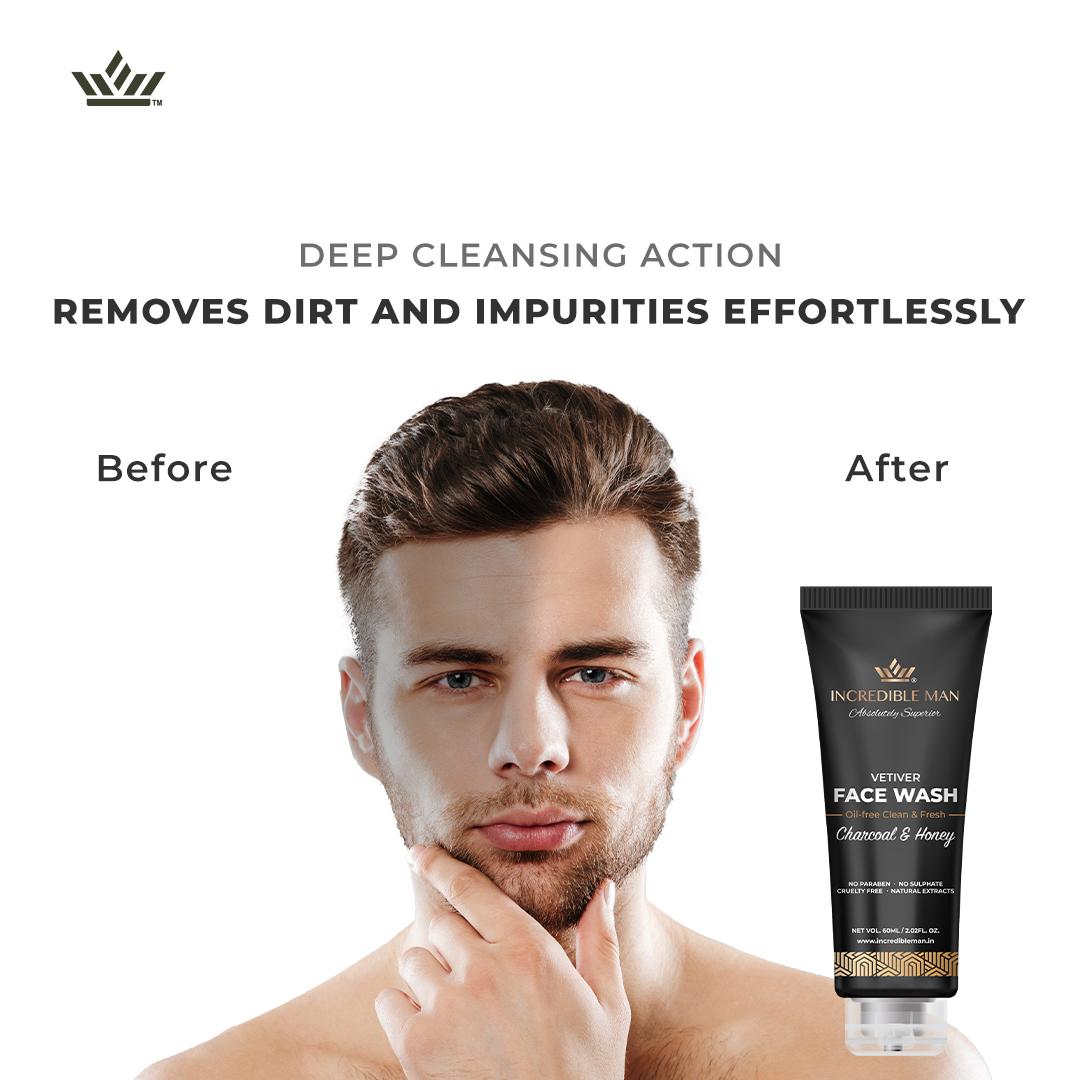Having oily skin can make it difficult to find a skincare routine that works. Oily skin is prone to acne and other skin problems, so it’s important to choose the right products for your skin type. Luckily, there are plenty of natural skincare options that can keep your skin looking and feeling its best. From cleansers and exfoliants to moisturizers and toners, this guide will help you create a natural skincare routine for oily skin.
Top 5 Natural Skin Care Routines for Oily Skin
Having oily skin can be frustrating and can be hard to manage. With the right skincare routine, though, you can keep your skin looking and feeling healthy without being too oily. Here is a natural skincare routine for oily skin that will help keep your skin looking great.
- Cleanse: Start your skincare routine with a gentle cleanser that is specifically designed for oily skin. You want to avoid cleansers that are harsh, as they may strip your skin of its natural oils and leave it feeling dry and uncomfortable. Look for cleansers that are oil-free and are free of harsh chemicals.
- Exfoliate: Exfoliating your skin helps to remove dead skin cells and excess oil. Use an exfoliator that is specifically designed for oily skin, and be sure to use it no more than twice a week.
- Toner: Using a toner after cleansing can help to balance the pH of your skin and remove excess oil. It’s important to choose a toner that is specifically designed for oily skin and doesn’t contain alcohol, which can dry out your skin.
- When it comes to oily skin, moisturizing may seem counterproductive, but it’s actually very necessary. Your skin may create excessive amounts of sebum when it is dry, which could make your skin even more oily. A moisturizer made especially for oily skin should be sought out.
- Sun protection: Sun protection is important for all skin types, even oily skin. Choose a sunscreen that is oil-free and won’t clog your pores.
How to Reduce Oily Skin
Oily skin can cause pimples and other skin problems as well as discomfort. Fortunately, there are a number of ways to help your skin become less oily.
- Every day, wash your face twice. Warm water and a mild cleanser are required. Cleansers with irritating fragrances and harsh chemicals should be avoided.
- Get your skin exfoliated. Oiliness can be reduced by exfoliating dead skin cells and unclogging pores. Use a mild exfoliating scrub no more than twice per week.
- Utilize a without oil lotion. Even though oily skin still requires moisture, it’s important to use an oil-free product. Sans oil lotions assist with hydrating the skin without adding more oil.
- Use sunscreen without oil. When it comes to skincare, sunscreen is an essential component. Search for a sans oil sunscreen that is marked “non-comedogenic,” and that implies it won’t stop pores.
- Acne treatments are available over the counter. Search for items containing salicylic corrosive or benzoyl peroxide, which can assist with decreasing sleekness and forestall breakouts.
- Do not touch your face. Contacting your face can spread microscopic organisms and lead to breakouts.
- Eat a nutritious diet. Healthy fats, fruits, and vegetables are good for your skin and can help reduce oiliness.
- Stress less. Oil production can rise when stress causes hormones to be released. Relax and engage in stress-reducing activities like yoga or meditation.
You can help your skin become less oily and keep it looking healthy and radiant by following these tips.
Benefits of Oily Skin
Oily skin can be challenging to manage, but it has advantages. Oily skin types are generally less prone to wrinkles since the natural oils help keep the skin moisturized. Oily skin also has a natural barrier that protects against external elements such as bacteria, dirt, and pollutants.
Another benefit of having oily skin is that it helps to keep breakouts at bay. Oily skin naturally produces sebum, a naturally occurring oil that helps keep skin from getting overly dry and irritating. Sebum also helps to keep the pores clear of dirt, dead skin cells, and other debris that can cause breakouts.
Oily skin can also be a good thing when it comes to makeup. The natural oils in oily skin help keep makeup in place and last longer. Oily skin also doesn’t require as much moisturizer as other skin types, so if you’re looking to save time and money, this can be a great benefit.
Lastly, oily skin can help to protect against the sun’s UV rays. The natural oils in the skin help to form a barrier that can help to protect against damage caused by the sun’s rays.
Overall, oily skin can be challenging to manage, but it has advantages. If you have oily skin, it’s important to find a good routine to keep it healthy and take advantage of its benefits.
Oily Skin in Summer
For those with oily skin, summer can be challenging. Throughout the late spring months, our skin will in general deliver more oil because of the intensity and mugginess, prompting an expansion in flaws, clogged pores, and skin inflammation. The most ideal way to hold sleek skin within proper limits throughout the mid-year is to utilize it without oil and non-comedogenic items. These items have been explicitly formed to not stop pores and to assist with diminishing how much oil that is created.
Additionally, in the morning and evening, cleanse the skin with a gentle cleanser to remove makeup, oil, and dirt. Exfoliating once or twice a week will help clear pores and get rid of dead skin cells. Applying a light, sans-oil lotion is likewise critical to keep the skin hydrated and forestall over-drying.
Last but not least, to shield your skin from harmful UV rays, use sunscreen with an SPF of 30 or higher. During the summer, taking these steps can help keep oily skin under control.
Conclusion
You can maintain the appearance and health of your skin by using this natural skincare routine for oily skin. Use products made especially for oily skin, and stay away from harsh cleansers and alcohol-containing products. You can maintain the healthiest appearance and feel for your skin with a little bit of care.
The best skincare for oily skin is a gentle cleanser, a light moisturizer, and an oil-free sunscreen. It is also important to use products that are oil-free and non-comedogenic. Additionally, using a clay mask or a toner with witch hazel can help to absorb excess oil.
Yes, aloe vera has a reputation for being good for oily skin. It aids in skin calming, irritation reduction, and sebum production balancing. It also possesses antimicrobial qualities that may aid in preventing outbreaks.
- You should wash your face twice every day with a gentle cleanser.
- Use a moisturizer that is oil-free or one developed for oily skin.
- Remove extra oil and dead skin cells from your skin by exfoliating at least once each week.
- Refrain from touching your face or using products with oils.
- Throughout the day, use blotting paper or sheets that absorb oil.
- Drink a lot of water and eat a balanced diet.
- To help absorb oil, apply a clay-based mask once per week.
Oily skin can be caused by a variety of factors, including genetics, stress, hormones, diet, certain medications, and over-cleansing or scrubbing the skin.
Yes, rose water is good for oily skin. Rose water is a natural astringent, which means it can help reduce excess oil on the skin. It can also help soothe irritation and inflammation, making it a great choice for those with sensitive, oily skin.



